
- This event has passed.
Lecture Series 2023
September 13, 2023 @ 7:00 pm - November 8, 2023 @ 9:00 pm
$50.00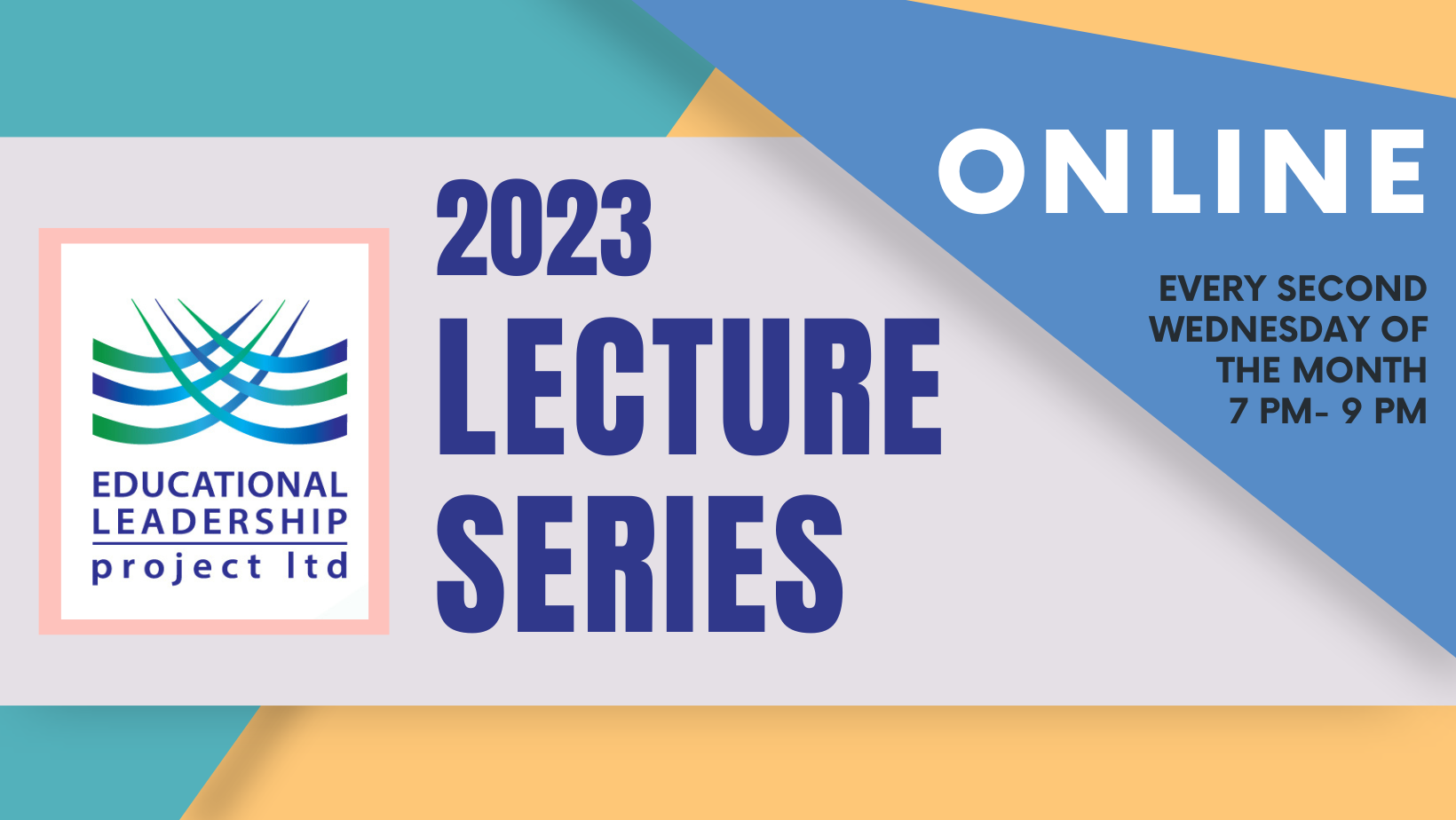
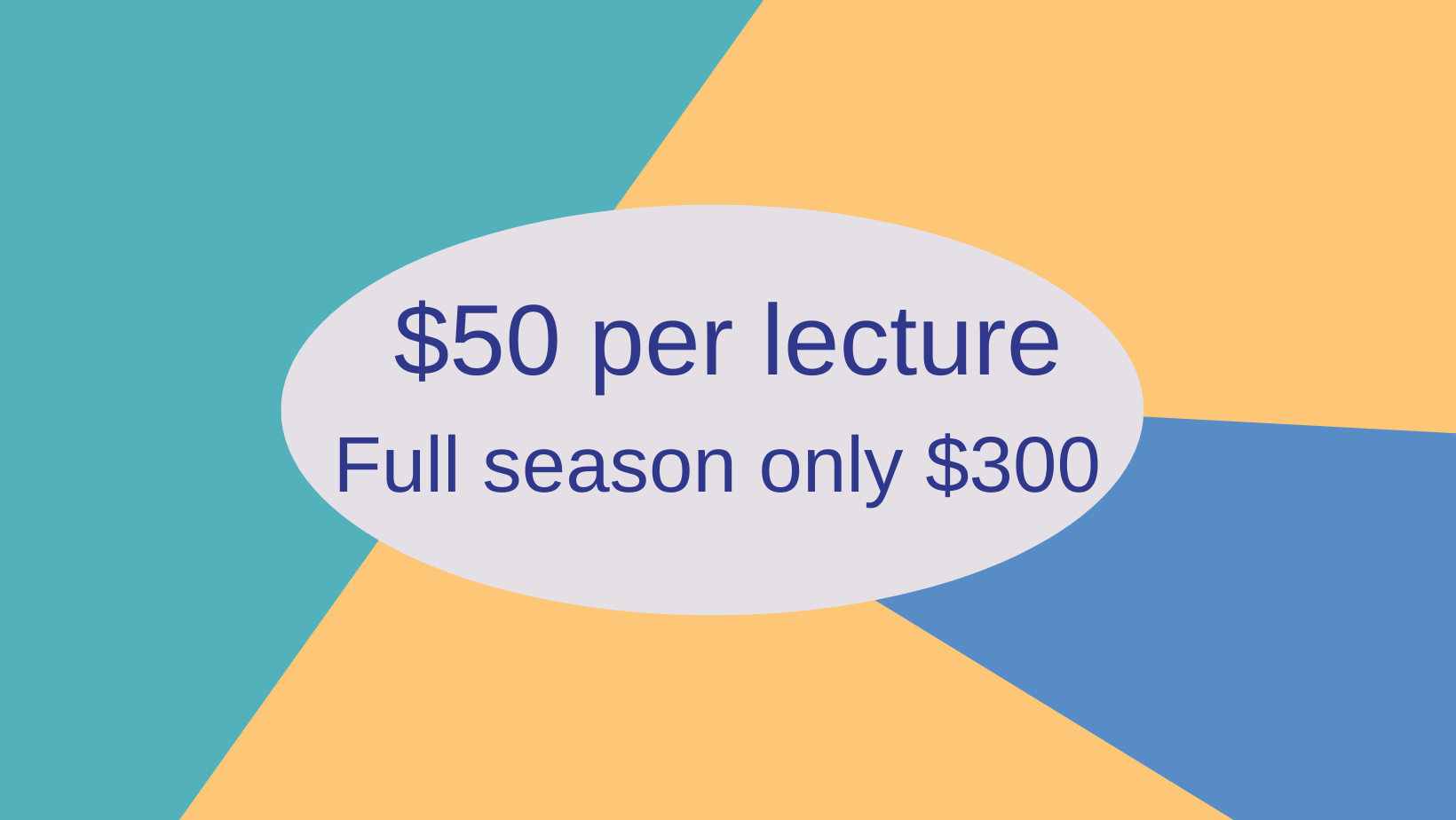
A wide range of topics presented online on the second Wednesday of each month from 7-9pm!

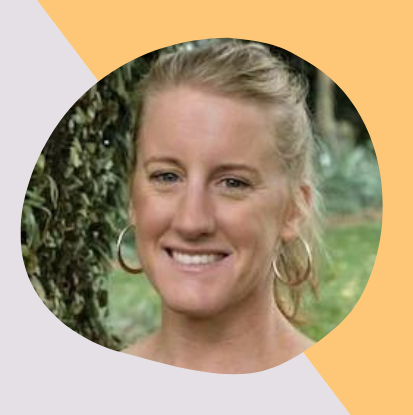
Being an Early Childhood Teacher is the best job in the world!
Rebecca Kingston
This lecture is to reawaken your love for this profession and remind the world just how awesome Early Childhood Teaching is!
With all the talk of teachers being burnt out, headlines about teachers leaving the profession and staff shortages and the job getting harder and harder, why would anyone decide to become a teacher and stay teaching long term? Because it is still one of the best jobs in the world! The memories I recall of berry picking, cloud watching, listening to the stories of the children, supporting a child come out of a meltdown and smile again and even assisting 15 toddlers and babies to have their afternoon nap and witnessing the noise and commotion slowly move into the peacefulness of little snores and sighs and eventually stillness being some of the biggest blessings of my day. Having worked in several environments and professions, I knew that this was good, in fact this could be the best of all.
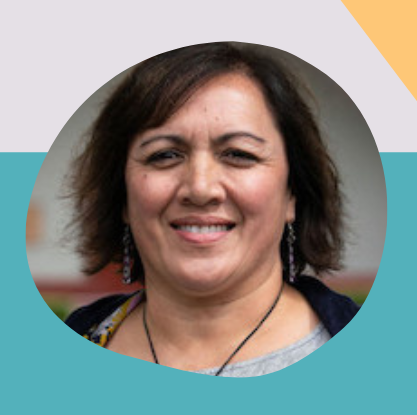
He purapura i ruia mai i Rangiātea e kore e ngaro
A seed sown in Rangiātea will never be lost
Brenda Soutar
As we contribute to the survival of our people, our roles and responsibilities as Māori are specific and defined. They are evident within the layering that each generation establishes to ensure continuity of whakapapa. Our ability to carry out these roles and responsibilities is dependent on our sense of belonging. Ranigātea is the essence of home from where our sense of belonging as Māori orginates. How can we support all tamariki to feel at home here in Aotearoa NZ? What does it mean to belong in the context of Te Whāriki and how can we nurture a strong sense of belonging in all tamariki?
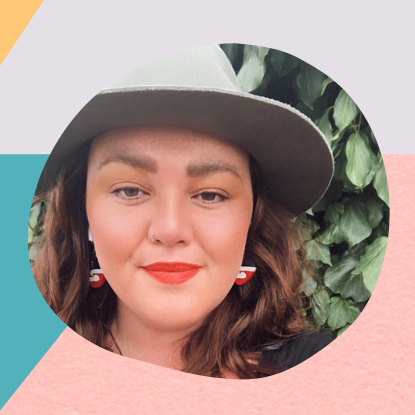
Ko Pohutukawa: Sharing death & other big whakaaro with tamariki
Emma Parangi
Interconnectedness is a pou of Te Ao Māori, and as in many cultural understandings of the world, death is integrally connected to life. As we work towards deepening our understandings of Te Ao Māori in ECE through avenues such as pūrākau, Matariki me Pūanga, waiata, karakia, and ngā Atua Māori, we will encounter the whakaaro of death, as well as tikanga and kawa surrounding death, that are shaped by a Māori worldview. How can we equip ourselves to not only make meaning of these for ourselves as kaiako, but also to share them with tamariki? How can we do so in ways that honour the mātauranga Māori being shared, as well as the tamariki and their whānau as unique cultural beings?
Join Emma in wānanga to explore these pātai, and examine how we can hold space for our own ideas and beliefs, while giving respect to the indigenous knowledges we are drawing upon.
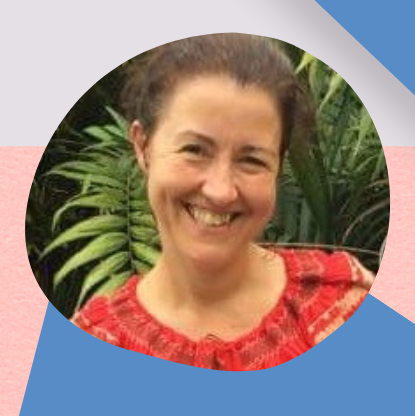
Te āhuatanga o te tamaiti. The learning child: Wrapping assessment in a Te Ao Māori cloak of wisdom and learning dispositions
Catalina Thompson
At the heart of any assessment practice is the image of the child. A child who comes into this world bursting with potential, a powerful child, complete with very unique and distinctive strengths. Therefore, the relationship between the child and assessment in one; in which the first determines and shapes the second, not the other way around. So, how do we honour this perspective inside our narrative assessments? How do we recognise and respond to children’s powerful learning potential? I invite you to embark together on a wānanga, which aims to challenge and strengthen our understandings around ways in which we write Learning Stories. Te Whatu Pōkeka and the principles of Te Whāriki (with a strong focus on Māori learning dispositions) will overarch the kaupapa of this workshop.
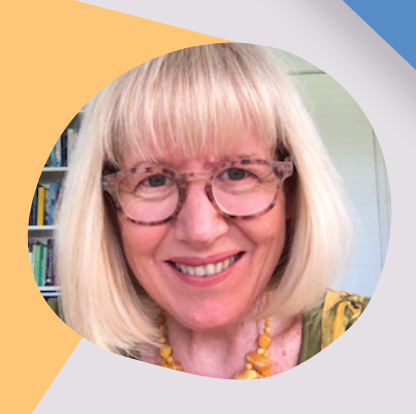
Kei tua o te Pae, beyond the horizon: An opportunity to revisit our Learning Stories journey
Wendy Lee
What a journey we have all been on with our Learning Stories in Aotearoa, and nothing exemplifies this more than Kei tua o te Pae! This lecture will be an opportunity to reflect back on this best-practice guide, as it provided a solid foundation for our exploration of assessment.
Acknowledging the complexity of learning means understanding that Noticing, Recognising, and Responding will include conjecture and intuition. Recognising complexity also means viewing assessment as something much more complex than assigning marks or ticking boxes. No one format is “right”, but Te Whāriki principles provide four evaluative criteria, they are:
• Is the identity of the child as a competent and confident learner protected and enhanced by the assessments?
• Do the assessment practices take account of the whole child?
• Do the assessment practices invite the involvement of family and whànau?
• Are the assessments embedded in reciprocal and responsive relationships?
Kei tua o te Pae provided us with an opportunity to reflect and reimagine our journey with assessment. Hopefully this lecture will be an opportunity for you and your setting to reflect on your journey.
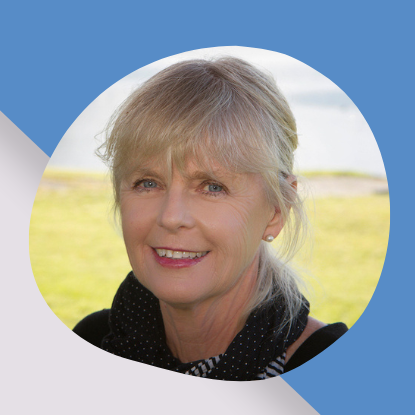
Think like a light bulb!
Lorraine Sands
12 July, 7-9pm
These profound words of advice are from an older sister to her younger brother as she offered him ideas to support his climbing efforts. When her Kaiako asked what it meant to “think like a light bulb” Isla said: “It’s all of the good ideas inside your brain that will help you get up”. Over time, Isla has internalised this dispositional thinking and is now able to apply this thinking in her actions and words.
This workshop considers ways Kaiako intentionally nurture the brain children will have for their lifetime. When teachers write about the times children were being brave, thoughtful, kind, leaderful, resilient and resourceful and we share these Learning Story narrative assessments across our communities, children hear these stories in multiple places, times, and social contexts. I think we can do this through the way we write Learning Story after story about children in the context of their lived experiences. This means writing about the very essence of being a dispositional learner. As these kinds of Learning Stories are shared they have a dramatic effect on the way children see themselves as learners, and actually, on how teachers and families see their children and their own roles in nurturing learning identities for the children they care so deeply about. So, write with joy, intensity and energy because what you are writing matters to children and families.
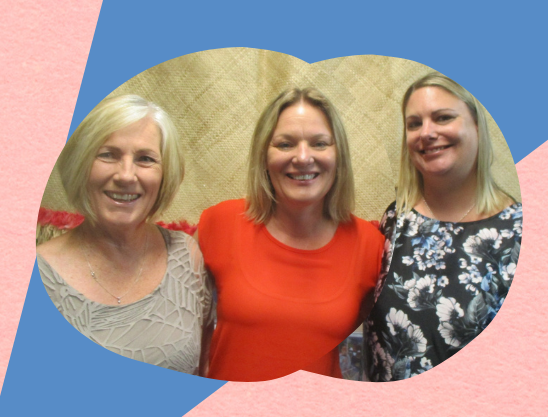
Growing mathematical habits of Mind
Karen Ramsey, Kim Parkinson and Nadine Priebs
9 August, 7-9pm
Children’s mathematical knowledge and understanding is successfully promoted if an investigative approach to mathematical exploration is valued. This workshop will explore the collaboration between tamariki, whānau and Kaiako to grow and stretch habits of mind through meaningful mathematical experiences. Learning Dispositions such as curiosity, creativity, problem-solving, courage, inventing, exploring, divergent thinking, and problem-playing are vital habits of mind that support learners to be successful mathematical explorers. We will share how a range of pedagogical strategies, the environment and robust reflection and evaluation have improved mathematical learning outcomes for all ākonga.
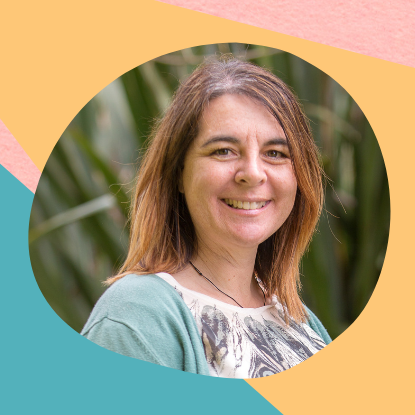
Free to be me: Nurturing agency and identity for infants and toddlers
Anita Homewood
11 October, 7-9pm
Te Whāriki recognises and values the infant and the toddler as a citizen with rights in the present, including the right to be and the right to become. Both are important in the developing identity of self, and when recognised, opens our eyes to seeing how incredible our youngest learners really are.
In this lecture, we will look at what it means to uphold these rights, and how to support our youngest learners as they discover their sense of self as a learner and a citizen of this world. We will also look at how environment and kaiako practice play a part in the infant’s and the toddler’s growing agency.
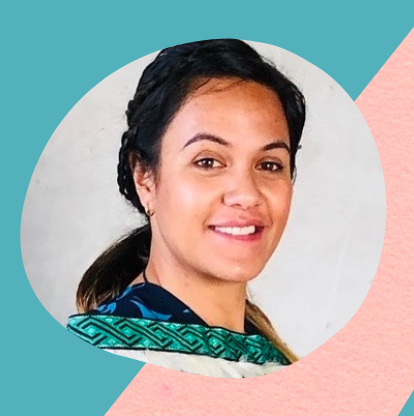
Weaving te ao Māori into narrative assessment
Maria Sydney
11 October, 7-9pm
Join us in an evening that will provide kaiako with useful tools and examples of how to strengthen the weave of te reo Māori me ona tīkanga Māori in learning stories and beyond. We will tap into the ancestral wisdom of Te Whatu Pōkeka and unpack ways of strengthening our Learning Stories in ways that reflect Māori ways of being, doing and knowing.
If you are already making some of these connections in your Learning Stories, ka rawe! Come and perhaps learn new tools to add to your kete. If you are a kaiako needing some awhi (guidance) and support to weave more te reo Māori into your Learning Stories in ways that are respectful and meaningful – then this waananga is definitely for you! Nau mai, whakatau mai.
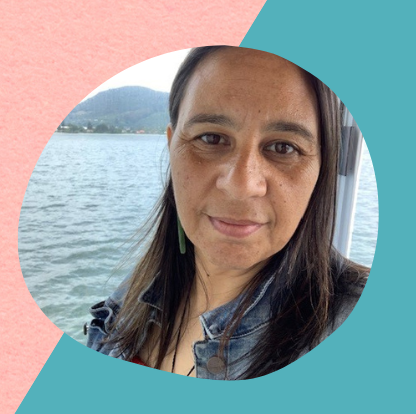
Ngā reo e toru: Continuing the journey of amplifying the child’s voice
Roberta Skeoch
8 November, 7-9pm
Teachers make decisions about what moments of children’s learning to document based on a range of factors including their knowledge of the child and their interpretation of ‘valuable’ learning. But what if children could tell you what they were learning? What if they could step you through their thinking thinking and tell you exactly how they were feeling? What if they could make decisions about what learning was captured in assessment? – Good news my friends! They absolutely can. All you have to do is ask….and listen…and write- super quickly!! In this lecture I will share some examples of teachers working with tamariki who are making meaningful contributions to assessment and we will explore the process teachers used so that you too may be inspired to give the tamariki in your centre a voice too!
Please read our Terms and Conditions before purchasing.
